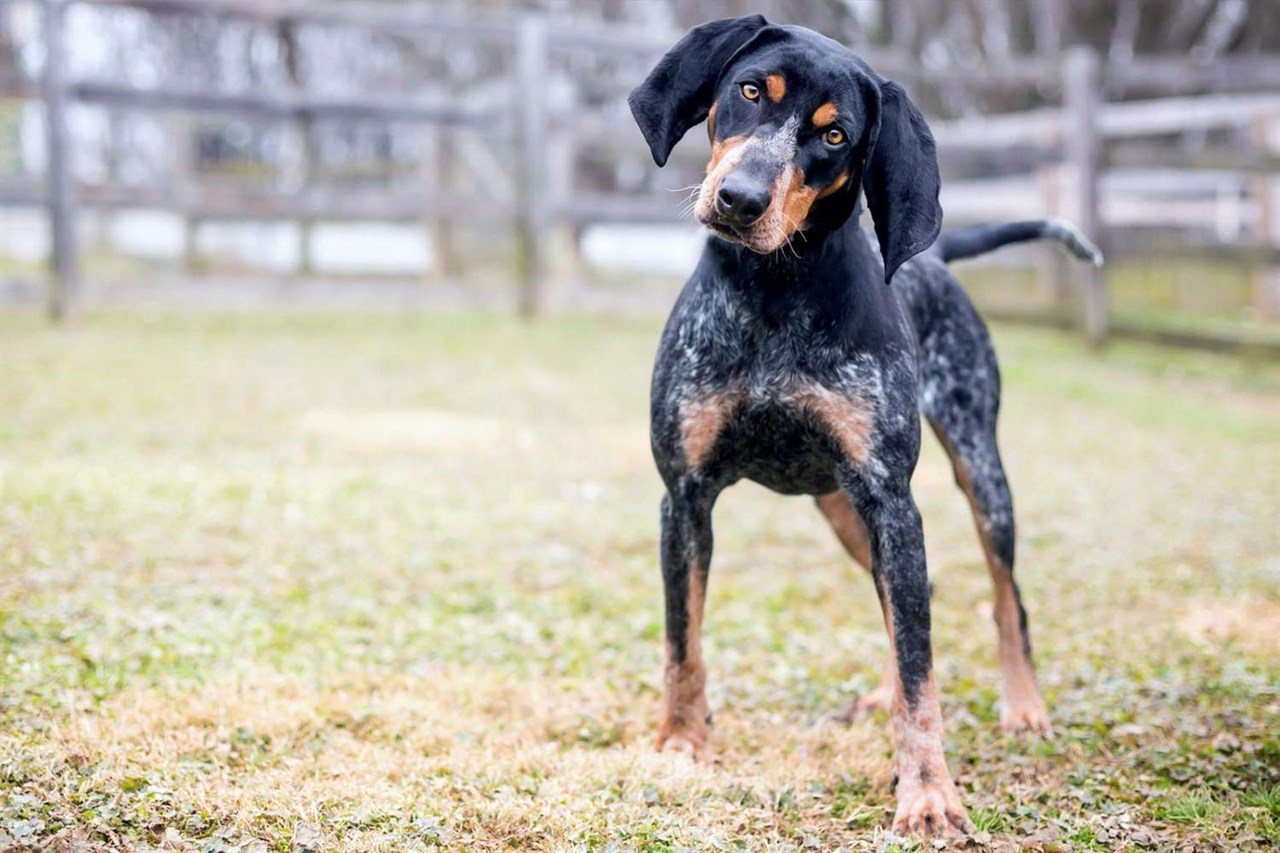Feeding Habits and Food Requirements of the Bluetick Coonhound

Proper nutrition is essential to ensure the health and well-being of your Bluetick Coonhound. Their feeding habits and food requirements should be tailored to their age, activity level, and individual needs. Here are some guidelines to help you provide the best diet for your Bluetick Coonhound:
Age-Appropriate Feeding
- Puppy Stage: Bluetick Coonhound puppies require a special diet formulated to support their rapid growth and development. Choose a high-quality puppy food that meets their specific nutritional needs. Puppies usually need to be fed more frequently throughout the day, typically three to four times daily.
- Adult Stage: Adult Bluetick Coonhounds can transition to adult dog food. Ensure the food you choose provides the right balance of protein, fats, and carbohydrates suitable for their activity level. Feeding twice a day is common for adult dogs.
- Senior Stage: As your Bluetick Coonhound ages, their nutritional needs may change. Senior dog food options are available, often formulated to support joint health and maintain a healthy weight.
Portion Control
Determine the appropriate portion size for your Bluetick Coonhound based on their age, weight, and activity level. Overfeeding can lead to obesity, while underfeeding can result in malnutrition.
High-Quality Dog Food
Choose a high-quality dog food that lists meat as the primary ingredient. Avoid foods with excessive fillers and artificial additives. Consult with your veterinarian to select a suitable food brand.
Avoid Table Scraps
Avoid feeding your Bluetick Coonhound table scraps, as human food can upset their digestive system and lead to obesity. Stick to a balanced dog food diet.
Fresh Water
Provide clean, fresh water at all times. Hydration is crucial for your dog's overall health.
Special Dietary Needs
Some Bluetick Coonhounds may have specific dietary needs or food allergies. If you suspect food allergies or intolerances, consult with your veterinarian to determine the best diet for your dog.
Avoid Obesity
Bluetick Coonhounds are prone to obesity, which can lead to various health issues. Monitor their weight and adjust their portion sizes as needed to maintain a healthy body condition. Regular exercise is also essential for weight management.
Meal Timing
Establish a regular feeding schedule to help regulate your dog's digestion. Avoid feeding immediately before or after vigorous exercise.
Monitor Their Health
Keep an eye on your Bluetick Coonhound's overall health and weight. If you notice any changes in their appetite, stool consistency, or energy levels, consult with a veterinarian.
Are Bluetick Coonhounds Prone to Food Allergies?
While Bluetick Coonhounds are not particularly prone to food allergies, some individuals may develop sensitivities to certain ingredients. Signs of food allergies can include skin irritation, itching, gastrointestinal upset, or ear infections. If you suspect your dog has a food allergy, consult with a veterinarian for a proper diagnosis and guidance on dietary adjustments.
In conclusion, understanding the feeding habits and food requirements of your Bluetick Coonhound is essential for their overall health and longevity. Providing a balanced and nutritious diet tailored to their age and activity level, along with proper portion control, will help ensure a happy and healthy life for your canine companion. Regular veterinary check-ups can also help address any specific dietary needs or concerns.
Bluetick Coonhound puppies for sale
- Find Bluetick Coonhound puppies for sale in ACT
- Find Bluetick Coonhound puppies for sale in NSW
- Find Bluetick Coonhound puppies for sale in NT
- Find Bluetick Coonhound puppies for sale in QLD
- Find Bluetick Coonhound puppies for sale in SA
- Find Bluetick Coonhound puppies for sale in TAS
- Find Bluetick Coonhound puppies for sale in VIC
- Find Bluetick Coonhound puppies for sale in WA